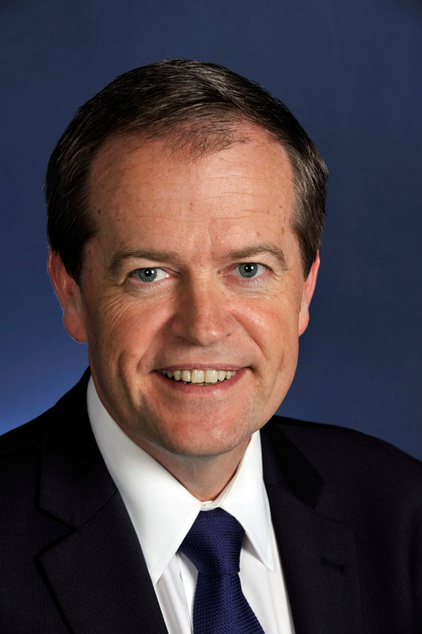 The Australian Labor party has voted to retain it’s conscience vote on marriage equality.
The Australian Labor party has voted to retain it’s conscience vote on marriage equality.
Towards the end of the party’s three day long national conference a motion was put forward by leader Bill Shorten and seconded by Deputy Leader Tanya Plibersek to maintain the status-quo in the issue on marriage equality.
The party’s left faction, of which Ms Plibersek is a member of, had been pushing for a binding vote on the policy but the party’s right faction had enough numbers to stop the position becoming mandatory for the parties MPs.
The motion means that MPs now and throughout the next term of government will be able to choose whether or not to support marriage equality.
The party has also said that after the next term of government supporting the policy would become mandatory for all MPs, meaning a binding vote would be in place from 2019 onwards.
Leader Bill Shorten, who was against a binding vote, re-voiced his support for marriage equality declaring that a Shorten government would introduce legislation with the first 100 days if they won the next election.
The call echoed the promise made by former leader Kevin Rudd who made a similar vow before the previous election.
Mr Shorten described marriage equality as something that was long overdue in Australia and laid down the challenge to Prime Minister Tony Abbott to allow a free vote within the Liberal party.
“What the Labor Party does with this resolution is we lay down the challenge to Mr Abbott and his Liberals – please give your Members of Parliament a free vote so we can make marriage equality a reality now,” Mr Shorten said.
The move has been seen s a face-saving exercise for Mr Shorten who did not support a binding vote on the issue. Mr Shorten acknowledged that there were many people within the Labor party who did not support marriage equality and reassured people of faith who disagreed that there was still a place for them within the Labor party.
Deputy Leader Tanya Plibersek has said that churches should not be forced to marry people if it s against their beliefs but she believes there is no place for discrimination of this nature in civil law.




